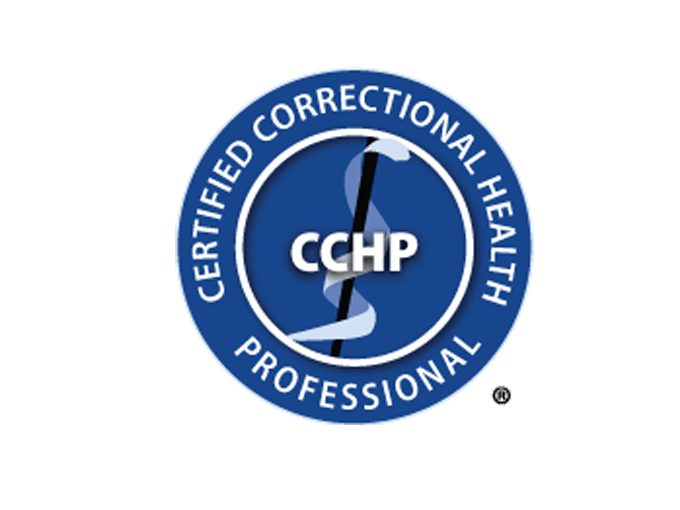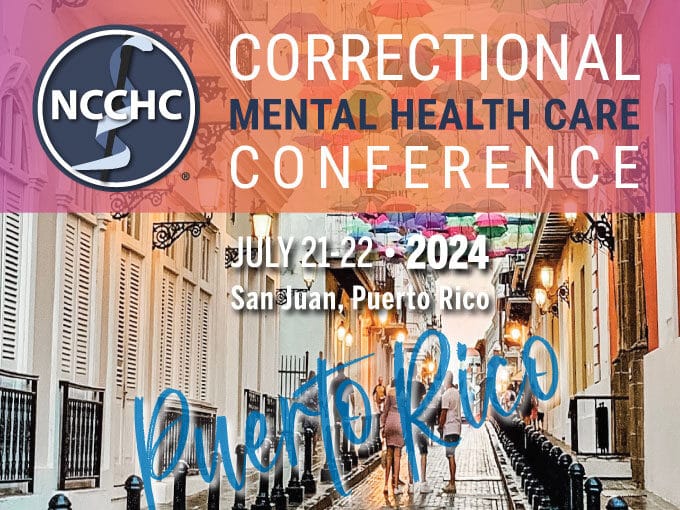
Standards Q&A: 75% Custody Health Training Requirement
Does the 75% requirement refer to all custody staff or only those working during
Home Federal Guidelines Released for Managing Substance Withdrawal in Jails
 Jun 26, 2023
Jun 26, 2023The National Commission on Correctional Health Care is pleased to support the release of the 2023 Guidelines for Managing Substance Withdrawal in Jails: A Tool for Local Government Officials, Jail Administrators, Correctional Officers, and Health Care Professionals, published by the U.S. Department of Justice’s Bureau of Justice Assistance (BJA) and National Institute of Corrections (NIC). NCCHC, with the American Society for Addiction Medicine and Advocates for Human Potential, Inc., led the early development of the guidelines.
The prevalence of substance use disorders (SUDs) is estimated to be as high as 60% in the U.S. jail population and is disproportionate relative to the prevalence in the community1. For the well-being of patients during incarceration and the communities to which these individuals return, there is an urgent need to address SUDs during incarceration. This begins with evidence-based withdrawal management. The Guidelines provide essential guidance for policymakers and jail officials to ensure a high standard of care is provided through evidence-based and expert recommendations. There is no doubt that this publication fills a massive gap in available, consolidated information. NCCHC encourages all jail administrators and health services professionals to use this tool when making decisions regarding withdrawal management.
NCCHC supports the Guidelines as an integral step in promoting healthier individuals and communities and in ensuring that all incarcerated individuals with SUDs are treated with dignity and respect and receive the care necessary to live a self-directed life. Providing adequate treatment for SUDs during incarceration will reduce legal liability for facilities and, more importantly, save lives.
Contact NCCHC Resources for assistance with implementing, evaluating, or designing a medication-assisted treatment program.


